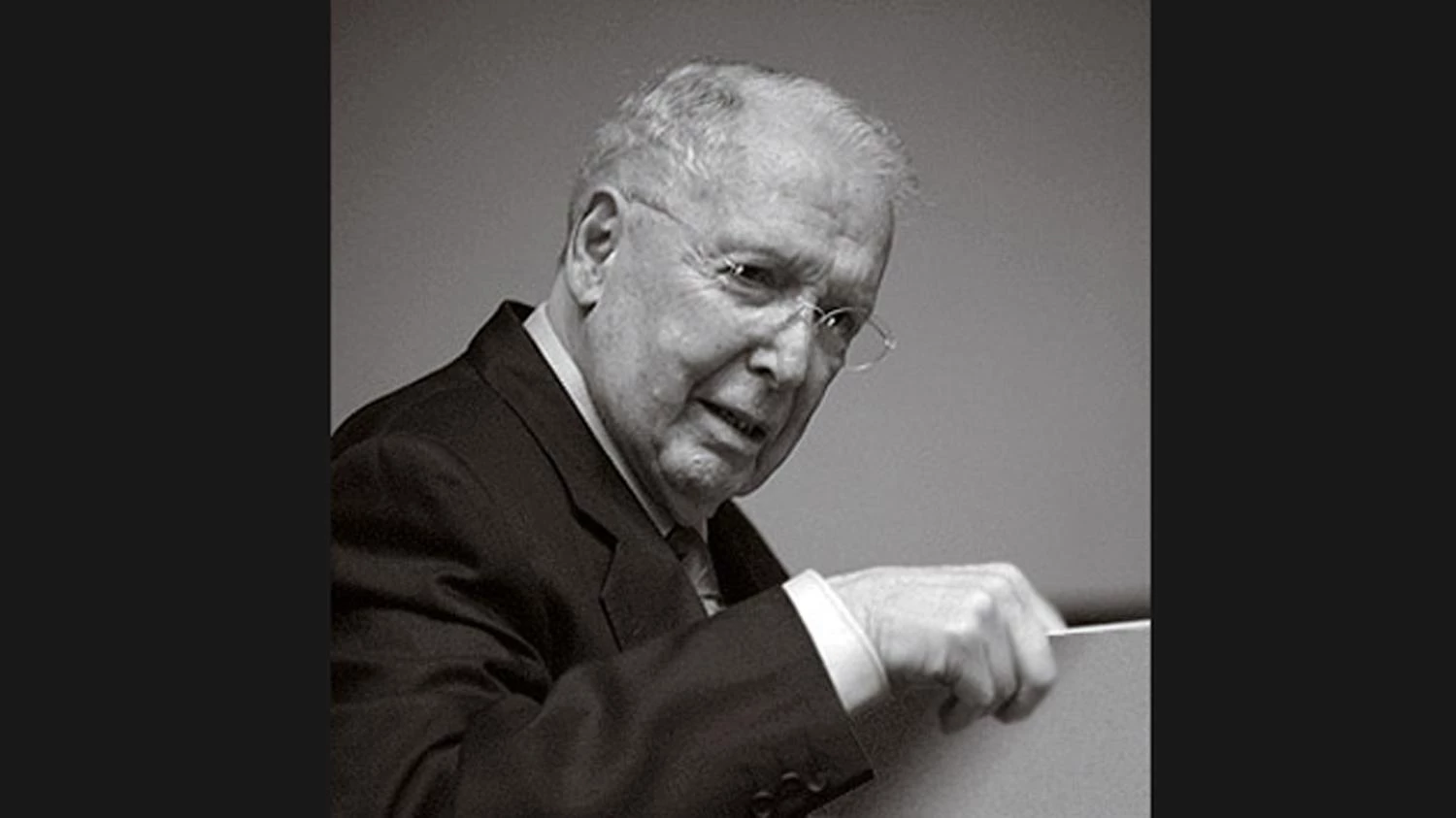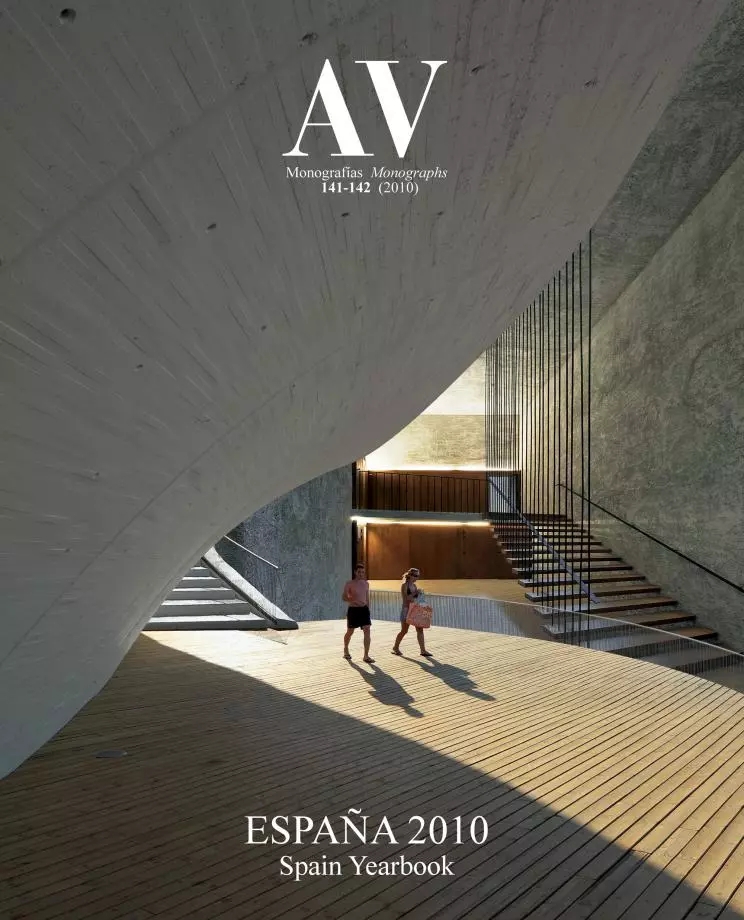
(1924-2009)
One of the most prominent Canadian architects of the second half of the 20th century, Arthur Erickson lived and died in Vancouver, the city where he completed some of his most representative buildings, and to which he felt deeply committed. Right after completing his studies at McGill?University, Erickson earned a three-year traveling scholarship that took him to the Near East, Scandinavia, Central Europe and Japan. His travels allowed him to develop a deep understanding of the importance of the cultural and geographic context as essential conditions of good architecture. His buildings all have in common a respect for the natural environment, from which they can never be detached, as well as a clear and radical composition. Some of his most important works are the Graham House in?Vancouver (1962), Lethbridge University in Alberta (1968-1971), the Provincial Law Courts complex of Robson Square in Vancouver (1973), or the Museum of Anthropology at the University of British Columbia (1976), also in Vancouver, considered by many as his masterpiece.





